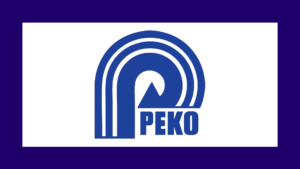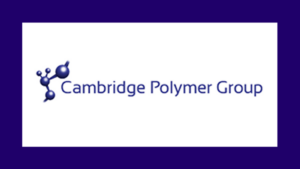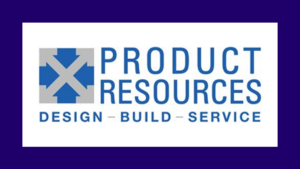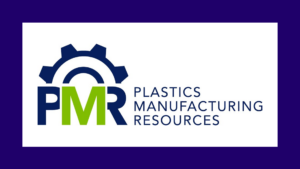What Types of US Small Business Administration Loans Are There?
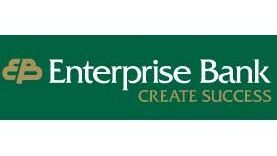
Enterprise Bank, a FORGE Steel partner, is an independent, innovative bank that values the entrepreneurial spirit and stimulates the economy by helping to create new businesses. In this Tools of the Trade, Enterprise Bank Senior Commercial Lending Officer Debbie Novotny goes over the different loans available from the U.S. Small Business Administration. When you need to borrow to get your business off the ground or to the next phase in the product development journey, you need to know your options!
There are three loan programs available for small business borrowers through the United States Small Business Administration (SBA). The loans are designed for specific uses by small businesses, and your lender will help determine the type of loan that is best suited for your business needs.
7(a) Loans* are bank loans which are guaranteed by the US SBA and are the SBA’s most common loan program. Basic uses for the 7(a) loan include:
- Long and short-term working capital
- Revolving funds based on the value of existing inventory and receivables
- The purchase of equipment, machinery, furniture, fixtures, supplies, or materials
- The purchase of real estate, including land and buildings
- The construction a new building or renovation an existing building
- Establishing a new business or assisting in the acquisition, operation, or expansion of an existing business
- Refinancing existing business debt, under certain conditions
Benefits of an SBA-guaranteed Loan
SBA-guaranteed loans offer benefits that may not be available with other types of loans.
- SBA-guaranteed loans generally have rates and fees that are comparable to non-guaranteed loans.
- Some loans come with continued support to help you start and run your business.
- Unique benefits include lower down payments, flexible overhead requirements, and no collateral needed for some loans.
504 Loan Program* – A Certified Development Company (CDC) works with the US SBA and the lender to provide long-term, fixed rate financing of up to $5 million for major fixed assets that promote business growth and job creation.
Uses of 504 loans include the purchase or construction of:
- Existing buildings or land
- New facilities
- Long-term machinery and equipment
Or the improvement or modernization of:
- Land, streets, utilities, parking lots and landscaping
- Existing facilities
A 504 loan cannot be used for:
- Working capital or inventory
- Consolidating, repaying, or refinancing debt
- Speculation or investment in rental real estate
How a 504 Loan works:
The lender will coordinate and structure financing between the parties. The 504 loan consists of these elements:
- Conventional first mortgage from a lender, typically 50% of the project cost,
- Second mortgage backed by the SBA, financing up to 40% of the eligible project
- Small business owner contribution for the remaining 10%
Certain circumstances, such as start-ups and special purpose properties, may require the borrower to contribute up to 20% of the total project cost.
Microloans – provide loans up to $50,000 to help small businesses and certain not-for-profit childcare centers start up and expand. The average microloan is about $13,000. These loans are administered by intermediary lenders, which are nonprofit community-based organization with experience in lending as well as management and technical assistance.
Microloans can be used for:
- Working capital
- Inventory
- Supplies
- Furniture
- Fixtures
- Machinery
- Equipment
A microloan cannot be used to pay existing debts or to purchase real estate.
For more information about SBA loans including specific eligibility and application requirements, visit https://www.sba.gov/funding-programs/loans
To learn more about business loans provided by Enterprise Bank, including SBA loans, visit https://www.enterprisebanking.com/business/loans/commercial-loans or contact us at 877-0671-2265.
*Enterprise Bank is approved to offer SBA loan products under the SBA 7(a) and 504 loan programs as an authorized lender.

